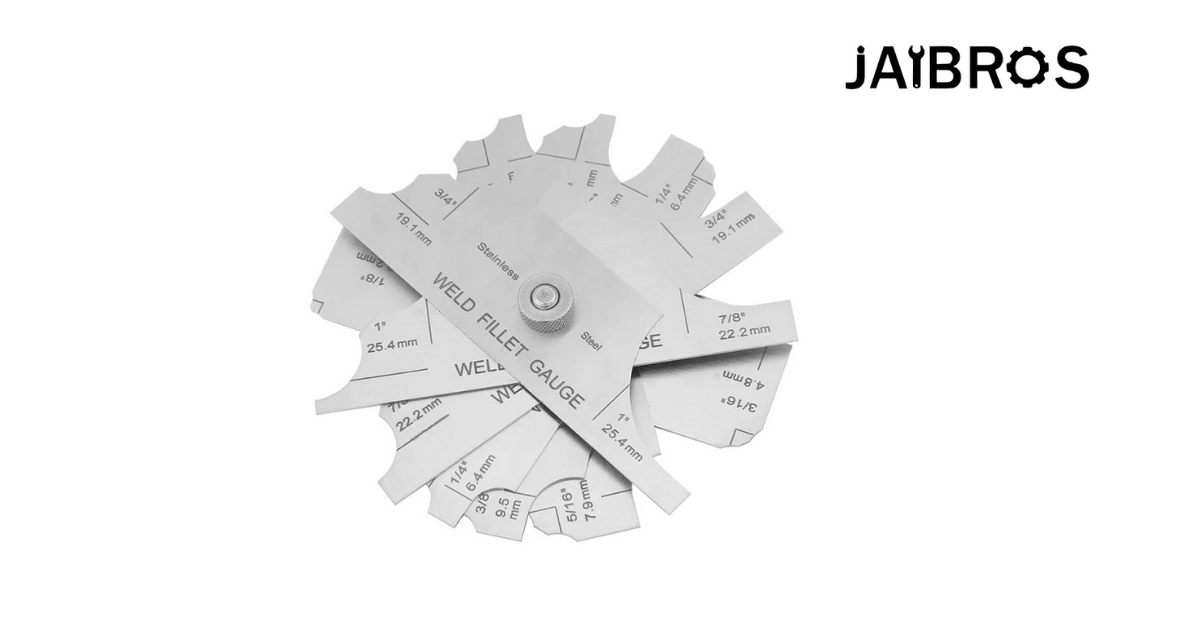We’ve all been there—heartbreak that makes your chest ache, or hardships that shake your world to its core. In those moments, loving yourself can feel impossible, almost like trying to water a plant with an empty cup. Yet, the secret to healing isn’t about forgetting the pain; it’s about remembering your worth and learning how to love yourself again.
This article will walk you step by step through the process of reconnecting with yourself after emotional storms. We’ll explore practical strategies, heartfelt encouragement, and gentle reminders that self-love is not lost—it just needs to be rediscovered.
1. Understanding Why Self-Love Feels Lost After Pain
When we face heartbreak or hardship, it’s not uncommon to feel like we’ve lost a piece of ourselves. It’s almost like looking in the mirror and not recognizing the person staring back. Emotional wounds often shake the foundation of self-worth, leaving us to question if we’re enough. Recognizing this is the first step to healing.
2. The Link Between Heartbreak, Hardship, and Self-Worth
Heartbreak doesn’t just end a relationship—it can make us doubt our value. Similarly, hardships such as financial struggles, illness, or personal failures can chip away at confidence. But here’s the truth: your worth is not tied to circumstances or people. It exists independently, even if it feels buried beneath the pain.
3. Accepting the Wound Without Becoming It
Think of emotional pain like a scar. You can acknowledge it exists without letting it define you. Accepting the wound means saying, “Yes, this hurt me,” but also affirming, “This is not the whole of me.” This mindset is a cornerstone of learning how to love yourself again.
4. Giving Yourself Permission to Grieve
Too often, we push our pain aside, pretending to be “strong.” But healing requires honesty. Allow yourself to cry, write, or talk about your feelings. Grieving is not weakness—it’s proof that you cared deeply. By honoring your emotions, you open the door for self-compassion.
5. Reframing the Story You Tell Yourself
The stories we tell ourselves shape our reality. If your inner dialogue says, “I’ll never be happy again,” you’re reinforcing the pain. Instead, reframe your narrative. Say, “This chapter was hard, but it’s not my whole story.” Shifting your perspective is like turning the page to a brighter part of your life.
6. Building Daily Rituals of Self-Compassion
Healing doesn’t come all at once; it comes through consistent acts of kindness toward yourself. This could be journaling, meditation, morning walks, or simply speaking gently to yourself. Small rituals done daily are like watering a plant—they may not show results instantly, but over time, you blossom.
7. The Power of Positive Self-Talk and Affirmations
Your mind listens to your words. Replacing negative self-talk with affirmations can rebuild inner strength. Try saying:
- “I am worthy of love and respect.”
- “This pain is temporary.”
- “I am learning to love myself again.”
These aren’t just words; they’re seeds of belief. Over time, they take root and reshape how you see yourself.
8. Why Forgiveness Is a Gift to Yourself
Holding onto resentment—toward yourself or others—keeps you chained to pain. Forgiveness doesn’t mean excusing bad behavior. It means choosing freedom over bitterness. When you forgive, you’re not saying “what happened was okay,” you’re saying, “I won’t let this control me anymore.”
9. Reconnecting With Joy Through Small Steps
Joy doesn’t return in grand gestures—it comes back in small, intentional ways. Listen to music that lifts your soul, paint even if you’re not an artist, or cook your favorite meal. These small sparks remind you that joy is still possible, even after loss.
10. Surrounding Yourself With Healing People
Who you spend time with matters. Supportive friends, mentors, or communities act like mirrors reflecting your worth back to you. Sometimes, borrowing someone else’s belief in you helps until you believe it yourself again.
11. Protecting Your Energy and Setting Boundaries
Part of self-love is saying no. Whether it’s distancing yourself from toxic relationships or declining commitments that drain you, boundaries are shields for your well-being. They’re not selfish—they’re necessary for growth.
12. How Growth Emerges From Struggles
Every hardship carries hidden lessons. Like a seed that needs to break open before sprouting, pain can lead to growth if you let it. Ask yourself, “What did this experience teach me?” Often, the hardest seasons prepare you for the strongest chapters of your life.
13. Finding Inspiration in Others’ Healing Journeys
Hearing how others overcame heartbreak or hardship can remind you that healing is possible. For instance, Rochelle Trow once shared insights on resilience that touched many lives, showing that even the deepest wounds can lead to wisdom and renewal. Stories like these prove that recovery is not just possible—it’s powerful.
14. Practical Self-Care That Nurtures Mind and Body
Self-care goes beyond bubble baths. It’s also eating nourishing meals, getting enough sleep, moving your body, and giving yourself permission to rest. Caring for your physical health directly supports your emotional healing.
15. The Ongoing Journey of Loving Yourself Again
Self-love isn’t a destination; it’s a journey. Some days you’ll feel confident, other days less so—and that’s okay. What matters is continuing to show up for yourself, reminding yourself daily that you are worthy, whole, and capable of joy.
Conclusion
Loving yourself again after heartbreak or hardship isn’t about erasing pain—it’s about embracing who you are through it. Healing is like rebuilding a house after a storm: the foundation may be shaken, but with care, it becomes stronger than ever. By grieving, reframing your story, setting boundaries, and practicing self-compassion, you rediscover not only how to love yourself again but also how to live with deeper strength and peace.
FAQs
1. How long does it take to love yourself again after heartbreak?
There’s no set timeline. Healing is deeply personal and depends on your circumstances. Be patient and kind with yourself.
2. Can self-love really heal emotional wounds?
Yes. While self-love doesn’t erase the past, it helps you rebuild your confidence, create healthier relationships, and move forward with resilience.
3. What are simple daily practices to start loving myself again?
Journaling, positive affirmations, exercise, and setting boundaries are small but powerful daily practices that nurture self-love.
4. Why is forgiveness important in self-healing?
Forgiveness releases you from bitterness and resentment, freeing your energy to focus on growth, peace, and rediscovering joy.
5. Is it normal to struggle with self-love after hardship?
Absolutely. Many people experience dips in self-worth after loss or struggle. The important thing is to recognize it and begin the journey back to self-love.



